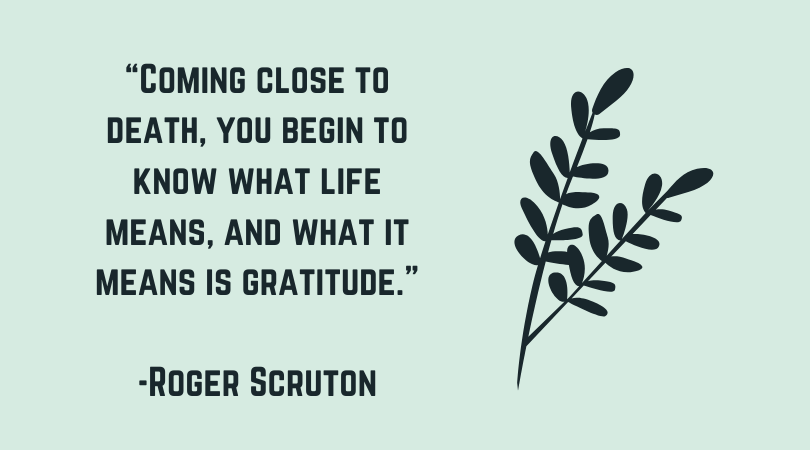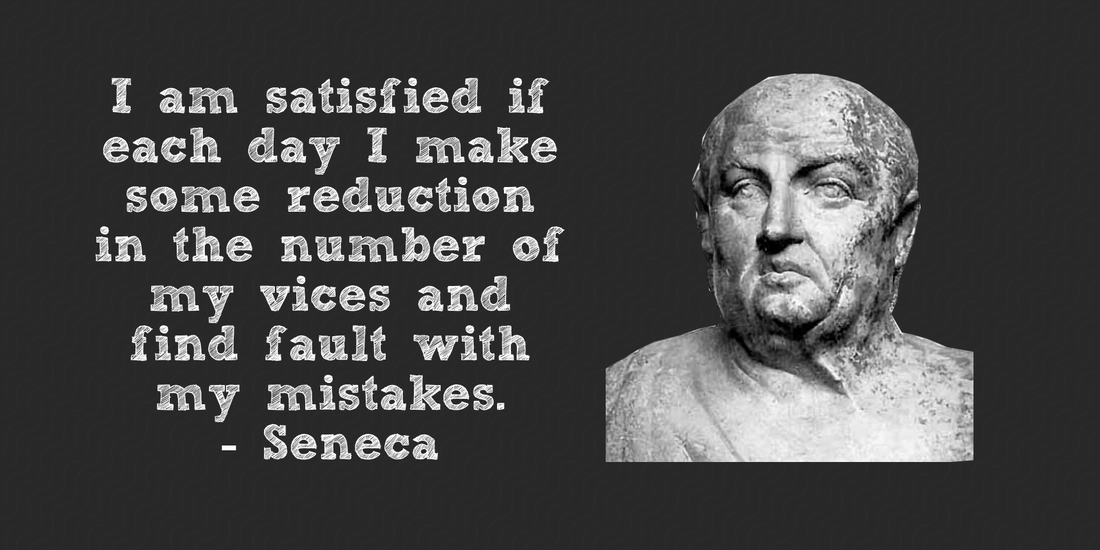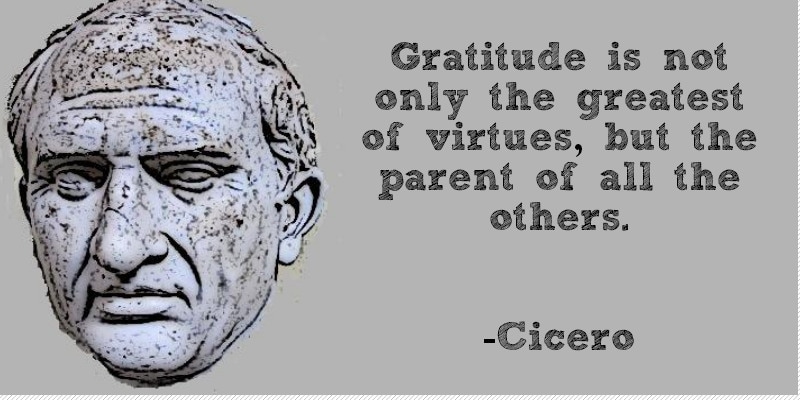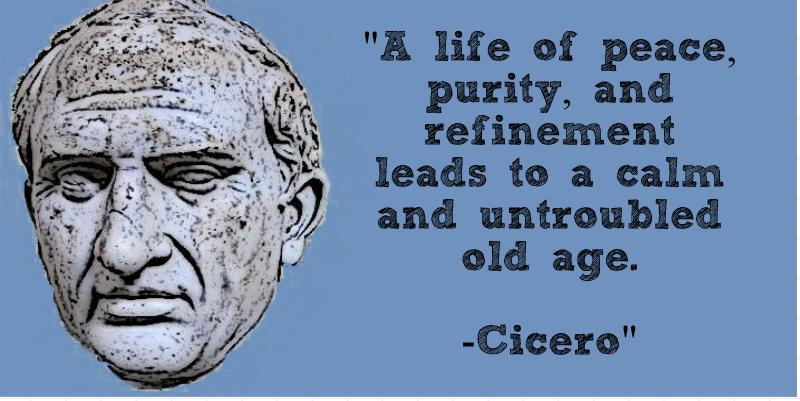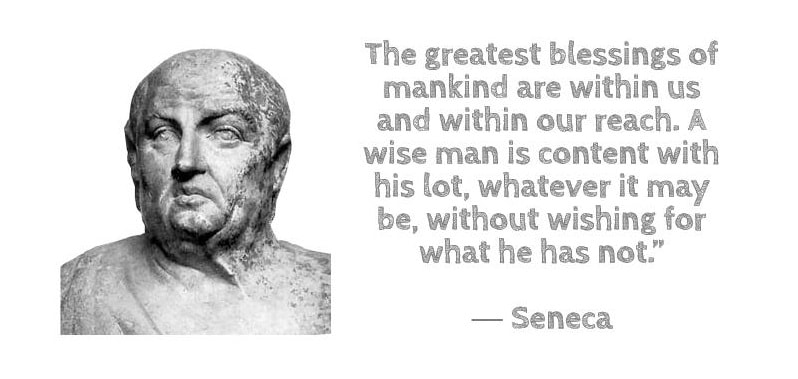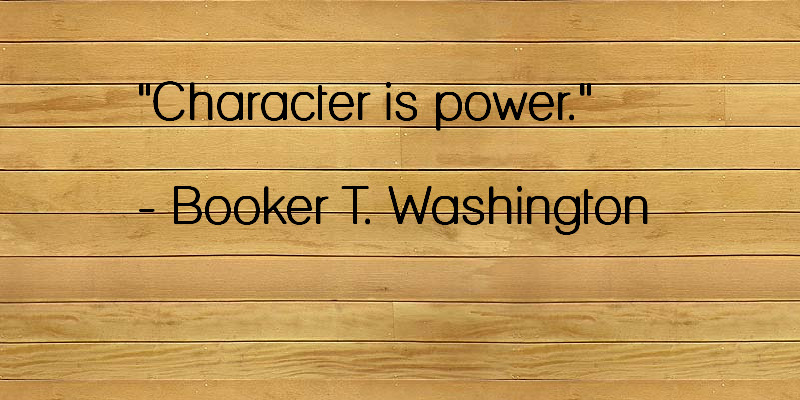My guest, economist Winton Bates, argues in a new book that Western freedom was more or less a happy accident of history. Loose it, and we may not get it back again.
We discuss the future of freedom, progress, personal growth, and a lot more in his new book, Freedom, Progress, and Human Flourishing.*
Support Common Sense Ethics to see even more videos like this: https://www.patreon.com/commonsenseet...
https://ko-fi.com/commonsenseethics
*Affiliate link, I may earn a small commission.

